Top 10 Cloud Service Providers in Singapore [2025 Guide]
As businesses across Singapore accelerate their digital transformation, the demand for cloud computing has surged to an all-time high. According to a 2024 report by IMDA, over 90% of enterprises in Singapore now use some form of cloud service to power operations, streamline development, and enhance scalability.
With a growing number of cloud service providers in Singapore, choosing the right one can be overwhelming. In this 2025 guide, we’ll break down the top 10 cloud service providers in Singapore, explore the benefits and challenges of cloud adoption, and help you choose the best solution for your business.
Table of Contents
- What Is a Cloud Service Provider?
- Cloud Market Landscape in Singapore
- Benefits of Working with Cloud Service Providers
- Top 10 Cloud Service Providers for Singapore Businesses
- Challenges of Using a Cloud Service Provider
- How to Choose a Cloud Service Provider in Singapore
- Kaopiz: Your Trusted Cloud Development & Managed Services Partner for Singapore
- Future Trends in Cloud Services for Singapore
- Conclusion
- FAQs
What Is a Cloud Service Provider?
To make the right choice for your business, it’s important to first understand what a cloud service provider is, the different types available, and how cloud services compare to traditional on-premises infrastructure. Let’s break down the fundamentals.
Cloud Service Provider Definition
A cloud service provider (CSP) is a company that offers on-demand computing services via the Internet. These services include storage, servers, databases, networking, software, and analytics. They are hosted in data centers and accessed remotely. This allows businesses to scale without investing in physical infrastructure.

Organizations don’t need to own or manage hardware or software themselves. They can rent computing power or applications from CSPs. This is done through subscription or pay-as-you-go models. It offers more flexibility, faster deployment, and lower IT maintenance costs. As a result, it plays a key role in modern digital transformation strategies.
Types of Cloud Providers
Cloud providers offer a wide range of solutions, but most fall into three core categories: Infrastructure as a Service (IaaS), Platform as a Service (PaaS), and Software as a Service (SaaS). Understanding IaaS, PaaS and SaaS providers is essential when evaluating which one best suits your needs.
| Type | Description | Use Case | Examples |
|---|---|---|---|
| IaaS Providers | Provide virtualized computing resources such as servers, storage, and networking. Users manage OS, apps, and data. | Ideal for teams needing full control over infrastructure and flexible scaling. | AWS EC2, Azure VMs, Google Compute Engine, Alibaba ECS |
| PaaS Providers | Offer a platform with tools to develop, test, and deploy applications. Providers manage infrastructure, OS, and middleware. | Great for developers who want to build apps without handling infrastructure. | Google App Engine, Azure App Services, IBM Cloud Foundry, Heroku |
| SaaS Providers | Deliver fully managed applications over the internet. Users access apps via browsers; providers manage everything. | Best for businesses needing instant access to tools with no maintenance. | Google Workspace, Microsoft 365, Salesforce, Slack |
Cloud Service Provider vs On-Premises Infrastructure
Choosing between a cloud service provider and on-premises infrastructure is one of the most critical IT decisions a business can make. While both approaches offer value, they differ significantly in terms of cost, scalability, maintenance, and flexibility.
| Aspect | Cloud Service Provider | On-Premises Infrastructure |
|---|---|---|
| Cost | Pay-as-you-go model; no upfront hardware investment | High upfront costs for servers, networking, and maintenance |
| Scalability | Instantly scalable on demand | Scaling requires additional physical hardware and time |
| Maintenance | Provider handles updates, backups, and hardware issues | Requires in-house IT team for ongoing maintenance and troubleshooting |
| Deployment Time | Fast setup and deployment (often within minutes) | Longer setup and configuration times |
| Accessibility | Access from anywhere with an internet connection | Typically limited to on-site access or VPN setups |
| Security & Compliance | Industry certifications (ISO, SOC 2, etc.); shared responsibility model | Full control over security and compliance, but also full responsibility |
| Flexibility | Easily integrates with other cloud services or hybrid models | Less flexible; changes may require significant effort and cost |
Cloud Market Landscape in Singapore
Singapore is emerging as Asia Pacific’s cloud hub, driven by top-tier infrastructure, government support, and rapid digital adoption. According to 6Wresearch, the Singapore cloud computing market is projected to grow at a CAGR of 6.4% from 2025 to 2031, driven by increasing enterprise demand for scalable, secure, and efficient cloud solutions.
This growth is fueled by several key factors:
- Widespread adoption of hybrid cloud architectures
- The rise of cloud-native application development
- Integration of AI and 5G to boost productivity and agility
- Remote work acceleration and data security concerns are driving cloud investment
PaaS is the fastest-growing segment in Singapore’s cloud ecosystem. With a projected market volume of $4.31 billion in 2025, businesses are leveraging PaaS for its ability to simplify application development, accelerate deployment, and support continuous integration and delivery (CI/CD) pipelines.
Hyperscale players such as Amazon Web Services (AWS), Microsoft Azure, and Google Cloud Platform (GCP) have significantly expanded their presence. AWS alone announced an additional $12 billion investment between 2024 and 2028, highlighting the country’s central role in regional cloud operations.
Moreover, fintech, e-commerce, manufacturing, and healthcare increasingly adopt custom cloud solutions for innovation, compliance, and data analytics.
Benefits of Working with Cloud Service Providers
Partnering with a cloud service provider offers significant advantages for businesses of all sizes, especially in a fast-moving digital economy like Singapore’s.
“By leveraging the ecosystem of cloud providers, organizations can introduce innovative products and services, such as fraud prevention solutions for second-hand cars from tire manufacturers, or rapid vaccine development through cloud-based machine learning by pharmaceutical companies,” said Govekar (Gartner).
Here are the key benefits of cloud service providers:
- Cost Savings: Pay only for what you use—no upfront hardware costs or maintenance overhead.
- Scalability: Instantly scale resources up or down based on demand.
- Faster Deployment: Launch applications and services in minutes, not weeks.
- Enhanced Security: Providers ensure high standards with built-in encryption, compliance, and regular updates.
- Business Continuity: Data backups and failover systems ensure minimal downtime.
- Access to Innovation: Tap into AI, analytics, and automation tools without needing in-house infrastructure.
- Remote Access: Enable secure, anywhere-anytime access—ideal for hybrid or distributed teams.
Top 10 Cloud Service Providers for Singapore Businesses
With a wide range of global and regional providers available, choosing the right cloud partner in Singapore can be challenging. Below, we highlight the top 10 cloud service providers trusted by businesses across industries for performance, security, and innovation.
Amazon Web Services (AWS)
As the global leader in cloud computing, AWS holds the largest market share in 2025 at approximately 30%. With a strong presence in Singapore and Southeast Asia, AWS continues to set the standard for reliability, scalability, and innovation in cloud infrastructure.

AWS operates in 30+ global regions with 110+ availability zones, including a dedicated AWS Asia Pacific (Singapore) Region, offering low-latency access and robust data sovereignty for local businesses. Its vast service portfolio spans over 200 fully featured offerings—from compute and storage to artificial intelligence, data lakes, serverless computing, IoT, and advanced analytics.
| Pros | Cons |
|---|---|
| Vast array of services for diverse customer needs | Can be overwhelming for newcomers due to the complexity and breadth of services |
| Redundant global infrastructure ensuring high availability and disaster recovery | Less active in open-source projects compared to competitors like Google Cloud |
| Robust security with built-in compliance tools and certifications like ISO 27001, SOC 2, and PDPA | Complicated pricing models, particularly for data transfers and scaling services |
| Strong local support and continuous investment in Singapore’s digital infrastructure |
AWS is ideal for enterprises that require enterprise-grade performance, scalable architecture, and access to the latest cloud innovations. Its combination of global reach and local infrastructure makes it a go-to choice for businesses in Singapore looking to future-proof their operations.
Microsoft Azure
This is the second-largest cloud service provider globally, holding around 21% of the cloud infrastructure market share in 2025. Known for its deep integration with Microsoft’s ecosystem—including Windows Server, Active Directory, and Office 365—Azure is a natural fit for enterprises already using Microsoft products.
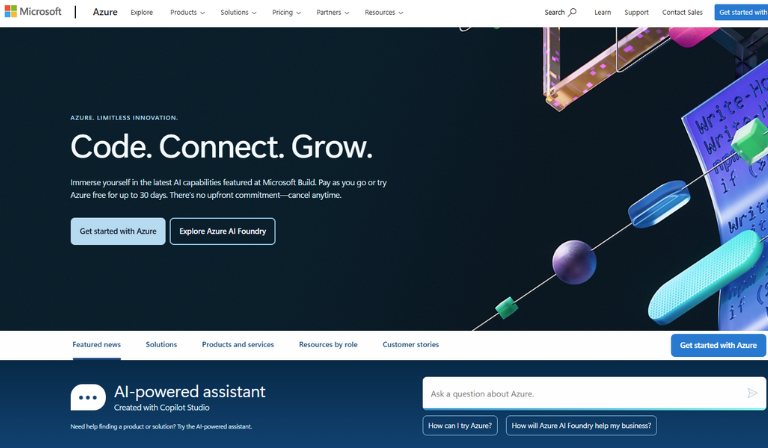
Azure operates in 60+ global regions and offers 120+ availability zones, making it one of the most globally distributed cloud platforms. In Singapore, Azure serves key industries such as government, finance, healthcare, and manufacturing, offering scalable solutions with local compliance in mind.
| Pros | Cons |
|---|---|
| Seamless integration with Microsoft products and enterprise IT environments | Some services can lag behind AWS and Google Cloud in maturity |
| Strong hybrid cloud capabilities with tools like Azure Arc and Stack | UI and documentation can be inconsistent across services |
| Expansive global infrastructure and support network | Pricing can be confusing, especially with licensing tied to Microsoft software bundles |
| Clear compliance alignment with PDPA and financial regulations in Singapore |
For businesses already embedded in the Microsoft ecosystem—or those looking to adopt a hybrid cloud strategy—Azure offers an enterprise-grade platform with the flexibility to scale and innovate across borders.
Google Cloud Platform (GCP)
GCP is one of the biggest cloud computing hosting providers, holding around 12% market share in 2025. Renowned for its strengths in data analytics, machine learning, and open-source technologies, GCP is the go-to platform for innovation-driven companies.
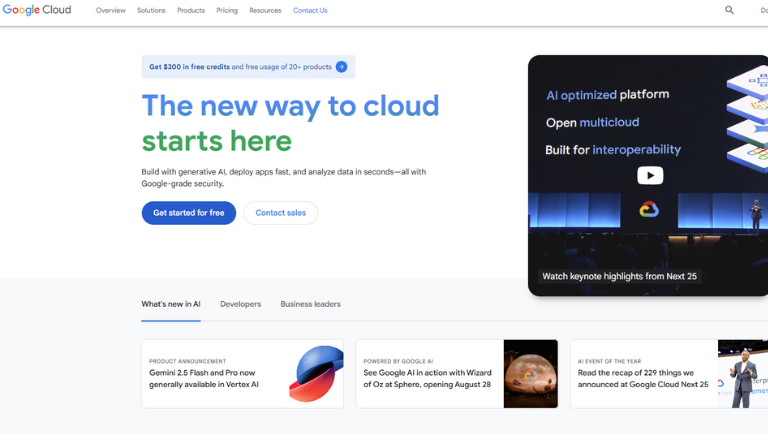
GCP operates in 35+ global regions with over 120+ availability zones, offering high-performance infrastructure, low-latency networking, and industry-leading sustainability practices. In Singapore, GCP supports startups, digital-native businesses, and enterprises focused on AI, big data, and multicloud architectures.
| Pros | Cons |
|---|---|
| Industry-leading AI/ML and data analytics capabilities | Fewer enterprise tools and services compared to AWS and Azure |
| Strong support for open-source and multicloud development | Smaller global footprint and partner network |
| Transparent, developer-friendly pricing structure | May require steeper learning curve for enterprises not familiar with Google’s ecosystem |
| High sustainability focus (carbon-neutral infrastructure) |
GCP is ideal for data-centric businesses, AI innovators, and modern SaaS startups that prioritize analytics, automation, and flexible development environments.
Alibaba Cloud
Alibaba Cloud, also known as Aliyun, is a top cloud service provider in China. It is also one of the leading players in Asia. As of 2025, it holds about 4% of the global cloud market. The company has a strong presence in Southeast Asia, including Singapore. In Singapore, it operates a local data center to ensure low latency and compliance with data regulations.
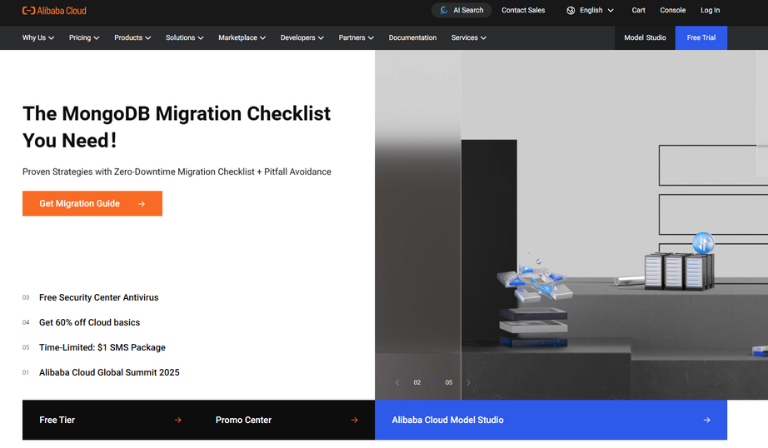
It operates across 30 regions and 89 availability zones worldwide, spanning six continents, excluding Antarctica. Backed by Alibaba Group’s e-commerce and fintech expertise, Alibaba Cloud offers powerful solutions in big data processing, content delivery, and AI.
| Pros | Cons |
|---|---|
| Strong presence and infrastructure in Asia-Pacific, including Singapore | Smaller global presence compared to AWS, Azure, or Google Cloud |
| Competitive pricing and resource flexibility for fast-growing businesses | Less developer community and ecosystem support outside Asia |
| Advanced tools for data analytics, e-commerce, and security | Some tools and documentation may not be as mature or user-friendly |
| Multilingual support and localization for regional markets |
Alibaba Cloud is a solid choice for enterprises operating in or expanding to Asia, particularly those in e-commerce, logistics, finance, and retail, looking for regional scalability and localized cloud services.
Oracle Cloud Infrastructure (OCI)
Oracle has emerged as one of the top cloud service providers, particularly known for serving mission-critical workloads like databases, ERP systems, and high-performance computing. As of 2025, OCI holds around 3% of the global cloud infrastructure market, but its footprint and reputation have grown rapidly, especially among regulated industries.
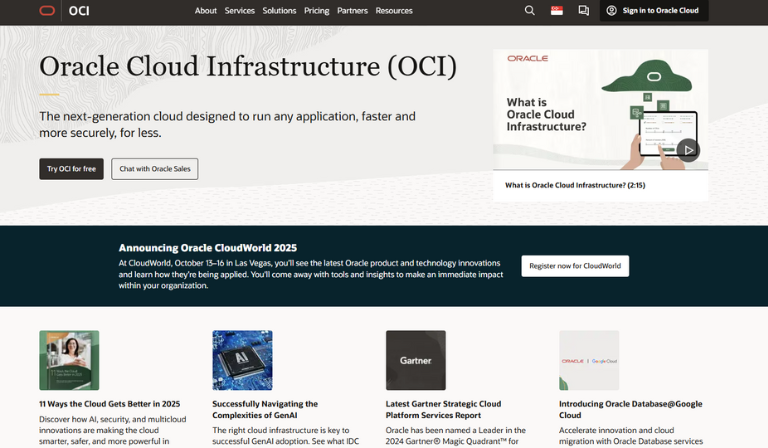
OCI spans 38 cloud regions and 46 availability zones across the globe, including a robust presence in Asia-Pacific. In Singapore, OCI is increasingly adopted by finance, telecom, and logistics firms that require low-latency access to Oracle databases and enterprise applications.
| Pros | Cons |
|---|---|
| Optimized for Oracle software, databases, and ERP systems | Limited third-party ecosystem compared to AWS or Azure |
| Strong security, governance, and compliance features (ideal for regulated industries) | Not as widely adopted by startups or developer-focused companies |
| High performance and availability for enterprise workloads | Smaller global market share and brand recognition in general-purpose cloud |
| Transparent, cost-effective pricing with strong SLAs |
OCI is best suited for large enterprises and governments running Oracle workloads or looking for a high-performance alternative to traditional cloud leaders with a focus on cost predictability and enterprise-grade support.
Salesforce
Salesforce is the world’s top cloud-based CRM provider and a trailblazer in SaaS. Although it does not offer IaaS or PaaS, Salesforce holds approximately 2% of the global cloud market in terms of total public cloud services and leads the global CRM market with around 20–21% share.
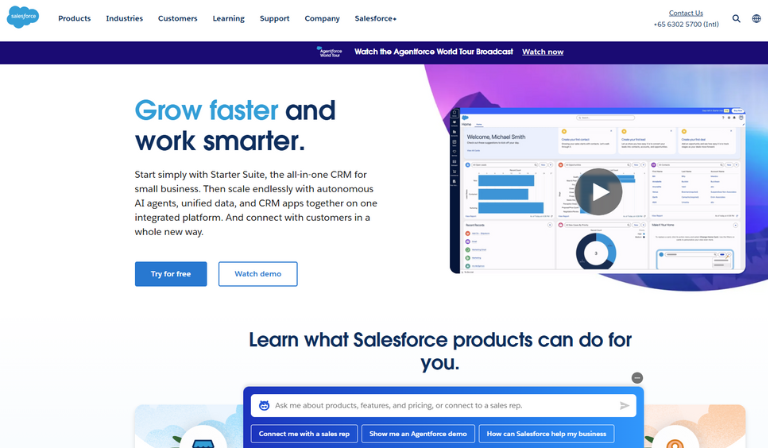
With a strong presence in Singapore, Salesforce empowers both large enterprises and startups to streamline customer engagement and scale operations. Their platform is underpinned by a secure, multi‑tenant architecture and continuously enhanced with embedded AI through Einstein, along with powerful analytics and collaboration features like Tableau and Slack.
| Pros | Cons |
|---|---|
| Leader in CRM and customer-centric SaaS solutions | Not a general-purpose cloud (IaaS/PaaS) provider |
| Scalable, secure, and deeply integrated with external systems | Premium pricing may be less accessible to smaller businesses |
| Consistently innovates in AI, analytics, and business automation | Advanced customization often requires certified experts or consultants |
| Robust partner ecosystem via AppExchange |
Salesforce is ideal for organizations focused on customer-centric digital transformation, offering a powerful cloud-based suite to improve sales, service, marketing, and data-driven decision-making.
IBM Cloud
IBM Cloud is a hybrid cloud and AI-powered platform designed for businesses that prioritize security, compliance, and integration with legacy systems. It holds 2% of the global market but remains vital in regulated sectors like banking, insurance, and healthcare.
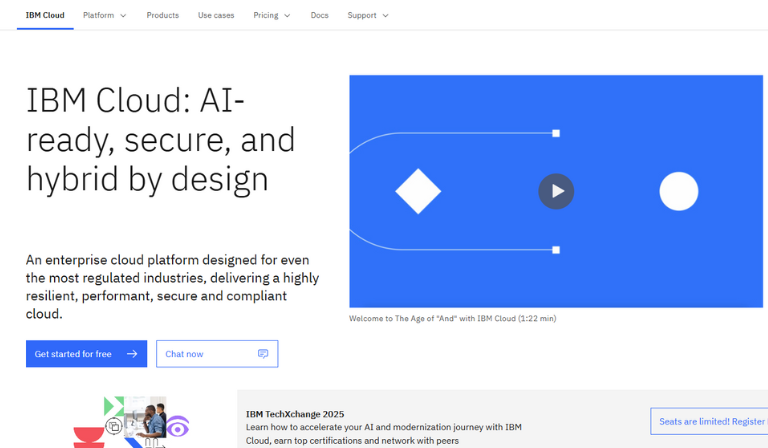
As of 2025, it operates in 11 global regions with 29 availability zones, focusing heavily on hybrid deployments through solutions like IBM Cloud Satellite and seamless integration with Red Hat OpenShift. In Singapore, this provider is favored by enterprises seeking robust governance, multicloud flexibility, and support for mission-critical workloads.
| Pros | Cons |
|---|---|
| Strong focus on hybrid cloud, AI, and enterprise-grade security | Smaller ecosystem and fewer third-party integrations than hyperscalers |
| Tailored for highly regulated industries with deep compliance capabilities | Less emphasis on developer communities and startup-focused services |
| Advanced AI tools via Watson and robust support for containerization | Limited global reach compared to AWS, Azure, or GCP |
| Trusted vendor for organizations with legacy workloads |
This company is best suited for large enterprises in regulated sectors seeking a secure, hybrid cloud solution with strong AI and container orchestration capabilities.
Tencent Cloud
Tencent Cloud is one of the leading cloud providers in China and a growing player in the global market, holding around 2% of the cloud infrastructure market share in 2025. Backed by Tencent’s dominance in social media, gaming, and digital entertainment, the platform is well-optimized for high-performance, low-latency applications.
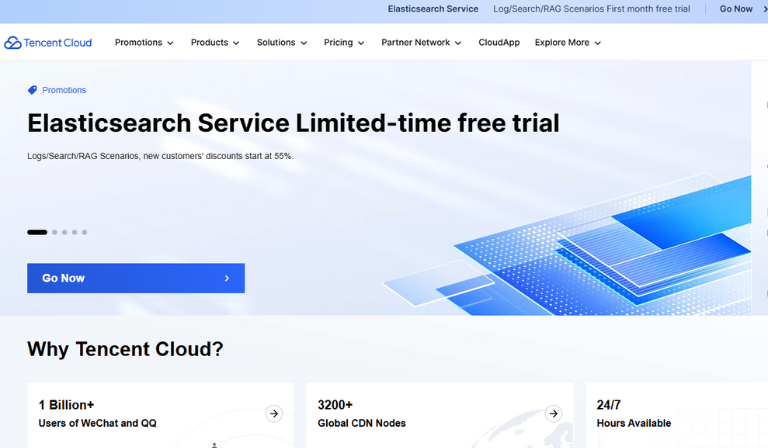
With operations across 21 global regions and 56 availability zones, Tencent Cloud has built a strong presence across Asia-Pacific, including Singapore, as well as in the Middle East, Europe, and the Americas. It is particularly favored by businesses in gaming, media, and fintech seeking reliable infrastructure with a focus on Asia.
| Pros | Cons |
|---|---|
| Optimized for real-time applications like gaming, media, and live streaming | Smaller global ecosystem and partner network than AWS or Azure |
| Competitive pricing and service range for growing digital businesses | Limited brand recognition and support in Western markets |
| Fast global expansion, including new regions in the Middle East and South America | Regulatory concerns in certain regions may affect adoption |
| Strong presence and performance across Asia, especially China and Southeast Asia |
Tencent Cloud is a strategic choice for companies targeting Asia-Pacific markets, especially those in gaming, digital media, and fintech that require low-latency performance and regional expertise.
Huawei Cloud
Huawei Cloud is one of Asia’s fastest-growing cloud providers, capturing roughly 2% of the global cloud infrastructure market share in early 2025. This cloud provider, once China-focused, now spans 33 regions and 96 zones globally, including a strong AP-Singapore presence.
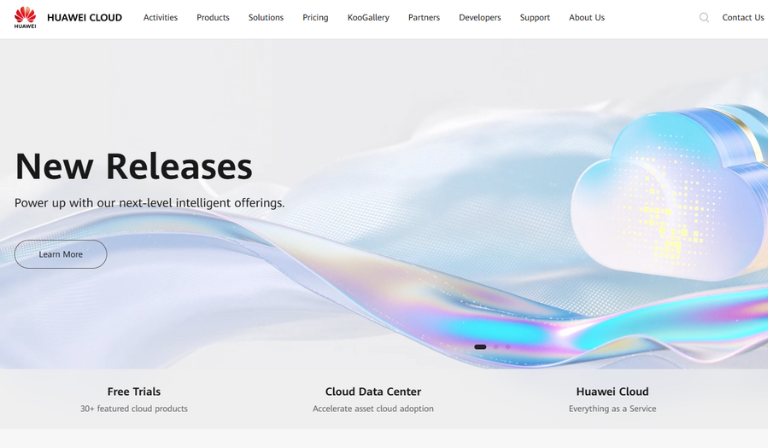
Drawing on Huawei’s strengths in telecom and AI, its cloud platform excels in areas like big data, AI, and edge computing. This makes it an attractive choice for enterprises in sectors like telecommunications, energy, smart cities, and finance.
| Pros | Cons |
|---|---|
| Rapid global expansion with strong Asia-Pacific coverage | Limited global ecosystem and third-party integrations compared to AWS, Azure, or GCP |
| Advanced AI and edge computing capabilities | Potential geopolitical and regulatory scrutiny in Western markets |
| Competitive pricing and tailored solutions for industries like telecom and smart infrastructure | Documentation and developer community support may be less extensive |
| Local support and data sovereignty via AP-Singapore and other regional data centers |
Huawei Cloud is ideal for Asia-focused enterprises—especially those in AI, telecommunications, and smart infrastructure—that seek cost-effective, regionally compliant, and intelligent cloud services.
DigitalOcean
DigitalOcean is one of the best cloud service providers for small businesses, developers, and startups that want simplicity, predictability, and developer-friendly infrastructure. It holds about 1% of the global cloud infrastructure market—a modest but steadily growing share in 2025.

DigitalOcean operates 15 data center regions worldwide, including a dedicated Singapore region. Though it lacks multi-zone setups, its regional data centers provide reliable, high-performance compute through Droplets and App Platform.
| Pros | Cons |
|---|---|
| Extremely user‑friendly with a clean, intuitive interface | Limited-service ecosystem compared to hyperscale providers |
| Transparent, predictable pricing—no hidden fees | Lacks advanced enterprise features in AI, analytics, or compliance |
| Excellent documentation and tutorials for quick onboarding | |
| Ideal for SMBs and developers looking for fast deployment and simple scaling |
Challenges of Using a Cloud Service Provider
Cloud services offer great benefits, but they also come with challenges businesses should be aware of
- Cost Overruns: Without proper monitoring, pay-as-you-go pricing can lead to unexpected expenses.
- Vendor Lock-In: Relying too much on one provider can make switching later difficult and costly.
- Security & Compliance: Businesses must still ensure their data complies with regulations like Singapore’s PDPA.
- Latency & Performance: Not all providers have local zones, affecting speed for time-sensitive apps.
- Skill Requirements: Managing cloud services often requires specialized knowledge or external expertise.
- Data Control: Cloud storage raises concerns around data ownership, access, and governance.
How to Choose a Cloud Service Provider in Singapore
With many companies offering similar services, choosing a cloud provider comes down to understanding your business needs and aligning them with what each provider offers.
Here are the key factors to consider when choosing a cloud provider in Singapore:
- Local Data Centers & Compliance: Choose a provider with data centers in or near Singapore to ensure low latency and compliance with local regulations.
- Service Offerings: Evaluate whether you need IaaS, PaaS, SaaS, or a combination. For example, developers may prioritize compute and storage flexibility, while marketing teams may need analytics and CRM tools.
- Security & Certifications: Ensure the provider offers strong security measures (encryption, access control) and complies with global and local standards (ISO 27001, SOC 2, PDPA).
- Pricing Model: Compare pricing structures, including hidden costs like outbound data transfer, storage, and premium support. Look for transparent and predictable billing.
- Scalability & Performance: Assess the provider’s ability to support your business as it grows. Check availability zones, global reach, and uptime guarantees.
- Integration & Ecosystem: Make sure the provider integrates well with your current tools and platforms. A rich ecosystem of third-party apps, APIs, and partners is a plus.
Kaopiz: Your Trusted Cloud Development & Managed Services Partner for Singapore
At Kaopiz, we help businesses in Singapore unlock the full potential of cloud computing through tailored development, seamless migration, and proactive cloud services. As an AWS Advanced Tier Services Partner and one of the reputable managed cloud service providers, we support startups, SMEs, and enterprises in their journey to become cloud natives.

Our Cloud Services
- Cloud Development & Integration: Custom-built cloud-native applications using AWS, Azure, and GCP
- Cloud Migration: Smooth and secure migration of on-premises systems to the cloud
- Managed Cloud Services: Ongoing monitoring, optimization, and support to ensure stability and performance
- DevOps & Automation: CI/CD pipelines, infrastructure as code, and automated testing for faster, more reliable releases
- Cloud Cost Optimization: Strategic resource planning to reduce waste and improve ROI
Why Choose Kaopiz?
- Deep experience with Singapore-based clients across retail, finance, education, and healthcare
- Strong track record in both project-based delivery and long-term managed service models
- Proven success in cloud modernization, legacy system transformation, and cloud-native architecture
- Dedicated bilingual teams (English/Japanese) and flexible engagement models
Whether you’re looking to migrate to the cloud, optimize your current setup, or build something entirely new, Kaopiz is your reliable technology partner in Singapore.
Future Trends in Cloud Services for Singapore
Singapore’s cloud ecosystem is rapidly evolving to support smarter, faster, and more secure digital transformation. Key cloud computing trends to watch include:
- Hybrid & Multicloud Adoption: Businesses are combining providers for greater flexibility and to reduce vendor lock-in.
- Edge Computing: 5G and IoT are driving demand for low-latency, real-time processing closer to users.
- AI & ML Integration: Cloud-native AI tools are becoming core to analytics, automation, and personalization.
- Serverless & Containers: Developers are shifting to microservices and Kubernetes for scalability and cost-efficiency.
- Green Cloud: Providers are investing in energy-efficient data centers to meet sustainability goals.
Conclusion
As Singapore continues to lead digital innovation in Asia, choosing the right cloud service provider has become a strategic priority for businesses of all sizes. Whether you prioritize scalability, security, cost-efficiency, or specialized services, the top providers highlighted in this guide offer a strong foundation to support your goals.
By understanding the local cloud landscape, evaluating your business needs, and partnering with the right experts, you can unlock the full potential of cloud technology, driving agility, growth, and long-term success in today’s fast-evolving digital economy.
FAQs
– IaaS (Infrastructure as a Service): Offers virtualized computing resources like servers and storage. You manage the OS, apps, and data (e.g., AWS EC2, Azure VMs).
– PaaS (Platform as a Service): Provides a ready-to-use platform for app development and deployment (e.g., Google App Engine, Azure App Services).
– SaaS (Software as a Service): Delivers fully managed software accessible via the web (e.g., Salesforce, Microsoft 365).
The leading cloud providers in Singapore are:
– Amazon Web Services (AWS)
– Microsoft Azure
– Google Cloud Platform (GCP)
These providers offer local infrastructure, broad service portfolios, and strong compliance capabilities.
Yes. Many businesses adopt a multicloud strategy to reduce reliance on a single vendor, increase redundancy, and choose the best tools from each provider.
Cloud hosting costs vary based on usage, service type, and provider. Entry-level solutions may start at a few dollars per month, while enterprise-grade services can scale to thousands monthly. Most providers offer pay-as-you-go or reserved pricing models.
Switching is possible but can be complex due to data migration, app dependencies, and provider-specific configurations. Planning ahead and using open standards or containerization (e.g., Kubernetes) can make transitions smoother.
One Reply to “Top 10 Cloud Service Providers in Singapore [2025 Guide]”
Leave a Comment
Trending Post
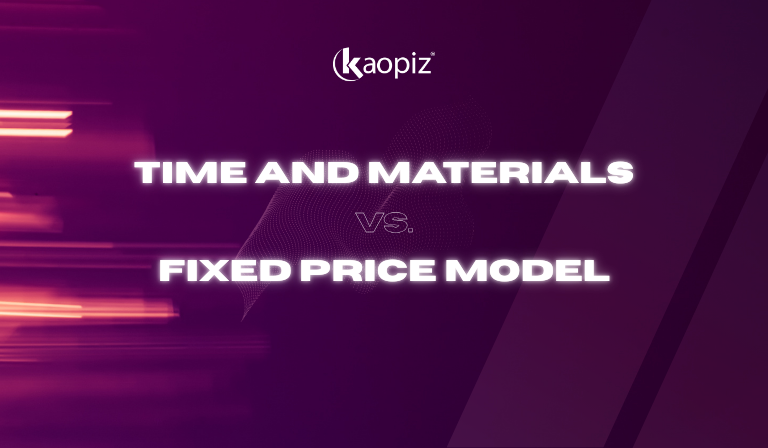
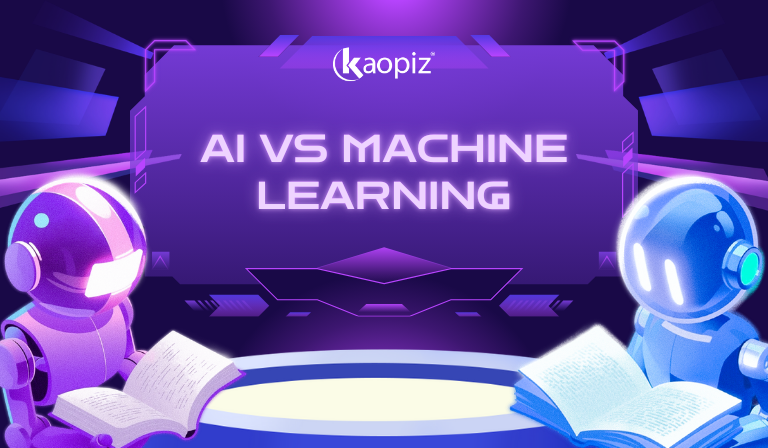
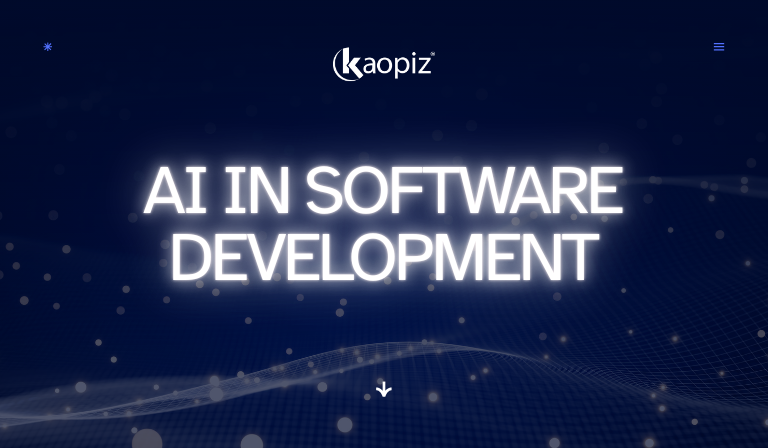
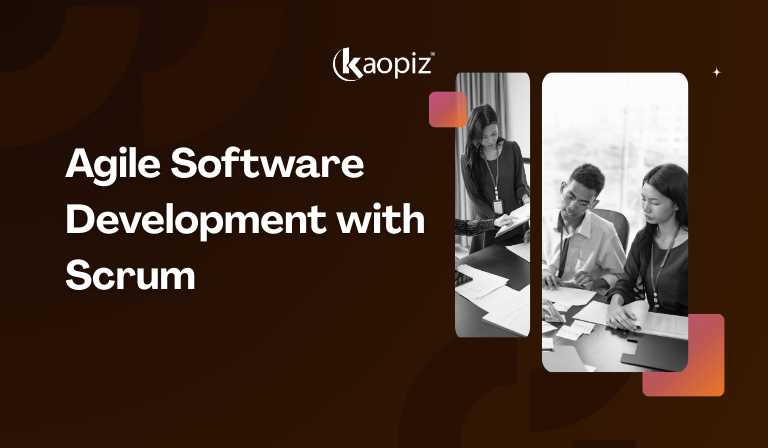

















Pingback:10 Data Warehouse Solutions for Singapore Businesses in 2025